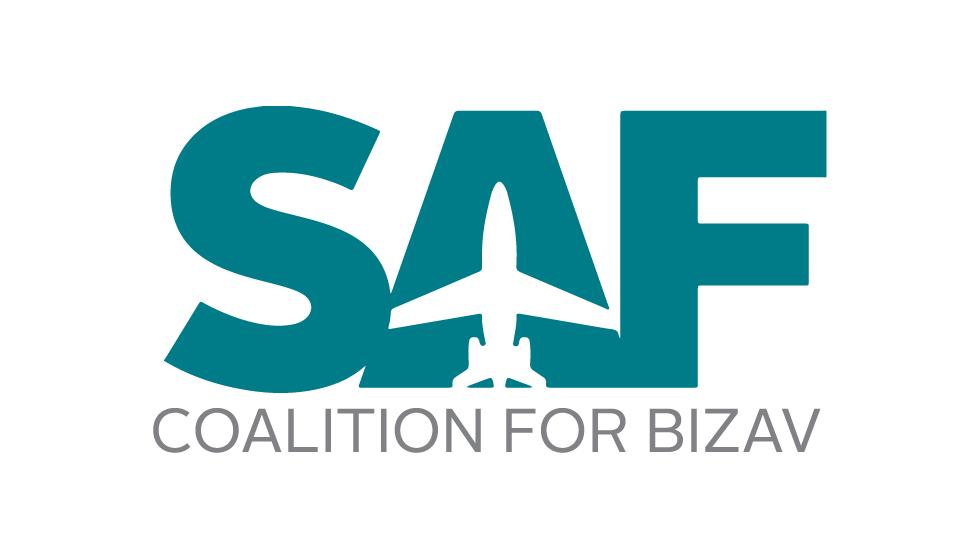The Four Pillars to Net-Zero
Sustainable Aviation Fuel (SAF)
The business aviation industry, along with other industry stakeholders and energy producers, has driven the research, development, and deployment of commercially viable, sustainable aviation fuels (SAF) that are used today. The transition to using drop-in SAF blends, approved to the same fuel specification of conventional jet fuel, plays a key role in decarbonizing business aviation. Relative to petroleum-based fuels, SAF blending components will deliver a net reduction in lifecycle CO2 emissions. It is vital that the industry works together to boost the production, distribution, and uptake of SAF, including using Book & Claim, and make it the sustainable energy alternative to conventional jet fuel.
Learn more about Book & Claim from the Council on Sustainable Aviation Fuels Accountability
IBAC leadership is actively involved in the Business Aviation Coalition for Sustainable Aviation Fuel
Technology Advancements
The aviation manufacturing industry is at the forefront of developing technological improvements to aircraft configuration, aerodynamics, systems, materials, and engine technologies that result in more efficient wing, rotor, fuselage, and engine design and operations. We are also furthering revolutionary innovations like hybrid, electric, and hydrogen- powered aircraft. These technological advancements are advancing the industry’s sustainability commitments to improve the fuel efficiency of aircraft and reduce emissions.
Flight Operations
More efficient operations— stemming from continued progress on air traffic management, along with measures including reduced payload, streamlined flight planning, and single-engine taxiing—can play a significant role in reducing CO2 emissions. Improving and enhancing infrastructure can have multiple benefits for the business aviation industry, including system-wide efficiencies that reduce CO2 emissions. It will be vital for authorities and political leaders to make continued improvements and investments in the industry’s infrastructure.
Out of Sector Measures
As business aviation continues to improve technologies, advance the production and uptake of SAF, and push for operational efficiencies, it will also utilize out of sector measures to offset emissions to fulfill its commitments. As a hard-to-abate industry, aviation will need such out-of-sector measures to offset some of its emissions. It is essential that global market-based measures are environmentally meaningful and that the administrative and implementation costs do not exceed the environmental benefits from compliance, particularly for small operators.
IBAC has teamed with Carbon Trade Exchange (CTX) to provide a new retail platform, Aviation Carbon exchange (A.C.E.) that offers business aviation organizations a transparent and simple option to voluntarily purchase carbon credits to offset carbon emissions. Learn more at IBAC-EX
